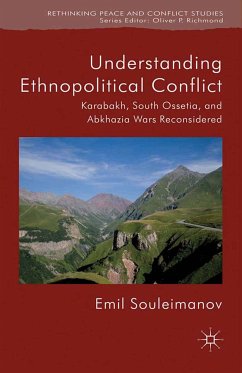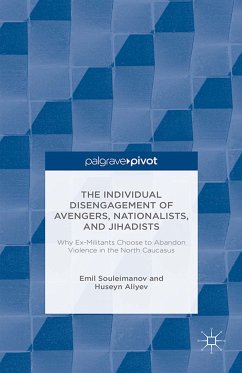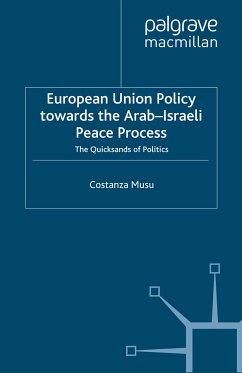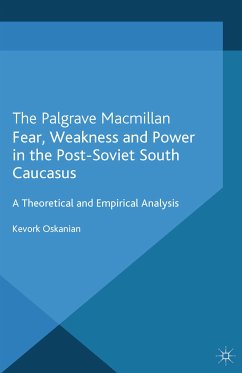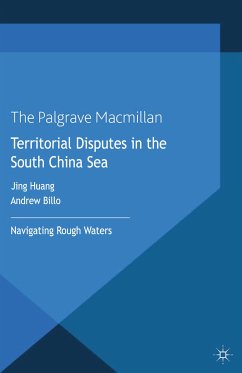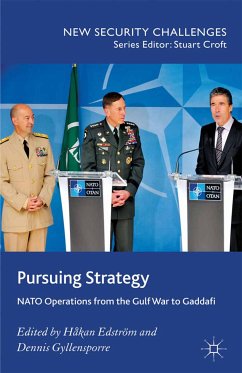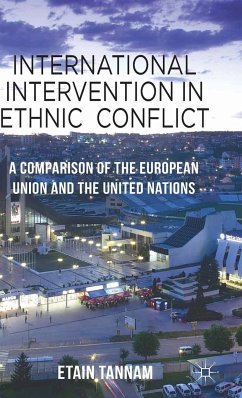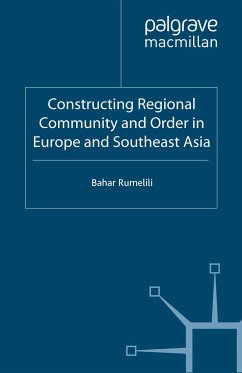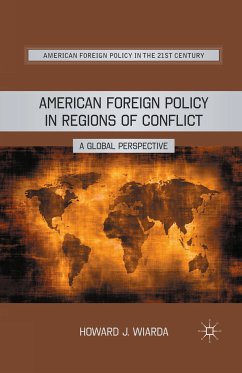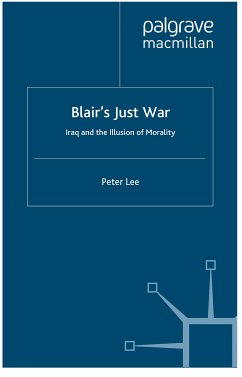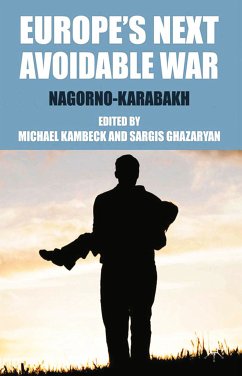
Europe's Next Avoidable War (eBook, PDF)
Nagorno-Karabakh
Redaktion: Kambeck, M.; Ghazaryan, S.
Versandkostenfrei!
Sofort per Download lieferbar
40,95 €
inkl. MwSt.
Weitere Ausgaben:

PAYBACK Punkte
20 °P sammeln!
An international and interdisciplinary group of experts shed light upon the Nagorno-Karabakh conflict today, how it evolved and likely scenarios. Taking into account a changed political landscape, including the EU's new foreign policy instruments, they also make concrete policy proposals to make war less likely.
Dieser Download kann aus rechtlichen Gründen nur mit Rechnungsadresse in A, B, BG, CY, CZ, D, DK, EW, E, FIN, F, GR, HR, H, IRL, I, LT, L, LR, M, NL, PL, P, R, S, SLO, SK ausgeliefert werden.



